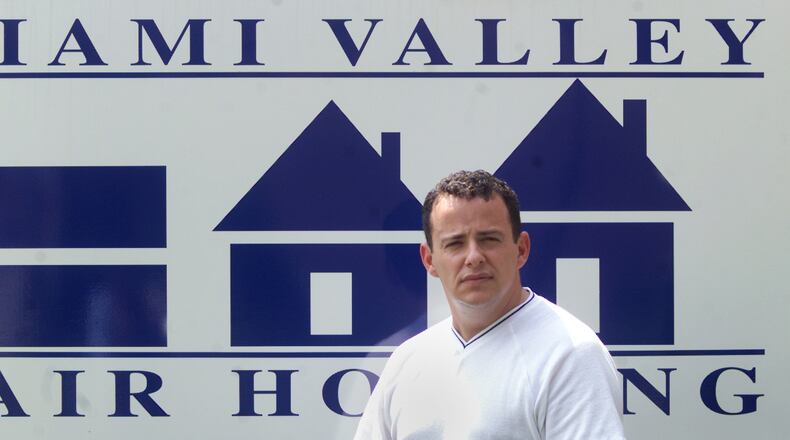“Defendants made statements to plaintiff refusing to provide auxiliary aids and services necessary to achieve effective communication with prospective deaf residents who use ASL (American Sign Language),” the federal lawsuit states.
MORE: Local pharmacy accused of firing whistle-blower in fed lawsuit
“Therefore, plaintiff alleges that defendants’ conduct amounts to discrimination based on disability,” the lawsuit said.
The suit names nine defendants in all, including Oak Creek Terrace Nursing & Rehab Center in Kettering; Masonic Health Care Inc. of Springfield; two Cincinnati companies, as well as foreign limited liability companies registered in Dallas, among others.
Miami Valley Fair Housing Center (MVFHC) said it had “testers” call or visit defendants to determine whether they would supply an ASL interpreter for a deaf resident if requested.
MORE: Hara Arena developer says part of the building must be demolished
“When the testers from MVFHC contacted defendants’ nursing home facilities, the testers represented that their elderly deaf relatives are looking for prospective residences at the defendants’ facilities,” the lawsuit says. “The testers specifically inquired whether their elderly deaf relatives would be provided interpreters when needed.
Stated the lawsuit: “Testers were told by defendants’ representatives or administrators that the deaf resident must pay for his/her own interpreters, or use writing on whiteboards to communicate.”
The lawsuit maintains that written communication may not be effective in “certain scenarios.”
“In the context of residential medical care provided to elderly individuals, the outright refusal to provide an ASL interpreter for any situation will result in ineffective communication for elderly deaf residents,” the suit states. “Defendants thus discriminate against elderly deaf residents and prospective residents.”
Jim McCarthy, chief executive of the Miami Valley Fair Housing Center, said the center performs these kinds of “random tests” of housing providers in “various different scenarios.”
The idea is to try “to see what people experience in the general market” when they seek a home, apartment or living arrangement, he said.
A nursing or care facility should be willing to provide an ASL interpreter and make any accommodation necessary for effective communication, he maintained.
“We want to eliminate these barriers,” McCarthy said.
He said in this investigation, no facility gave testers an affirmative response to a request for services for deaf people.
Said McCarthy: “They should be prepared to receive those questions.”
A message seeking comment was left with a representative of Caring Place Home Healthcare Group, which owns Oak Creek Terrace. A message was also sent to representatives of Masonic Health Care Inc.
An Ohio attorney for the housing center referred questions to McCarthy and a fellow attorney on the case.
The lawsuit was filed this week in U.S. District Court, Southern District of Ohio, western division.
About the Author

